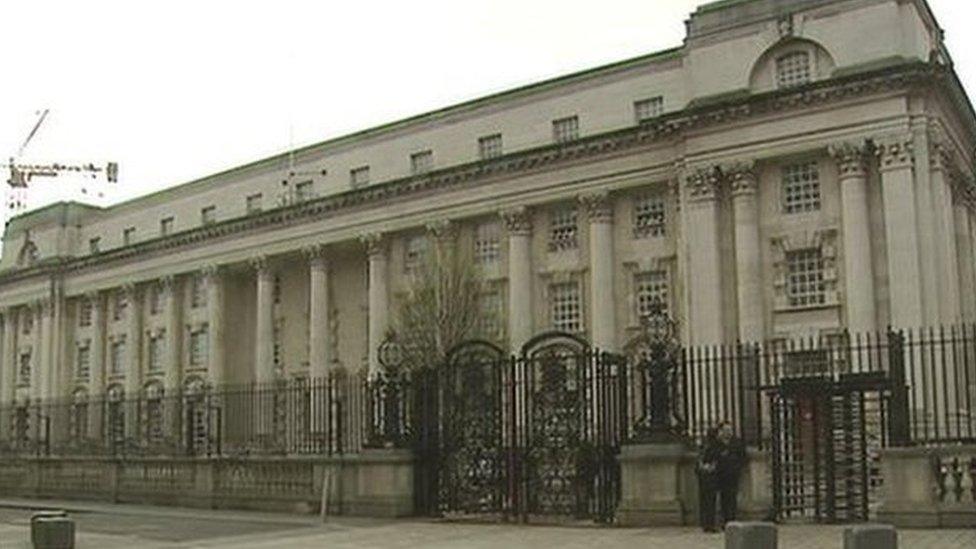Use of non-jury trial system to continue in NI
- Published
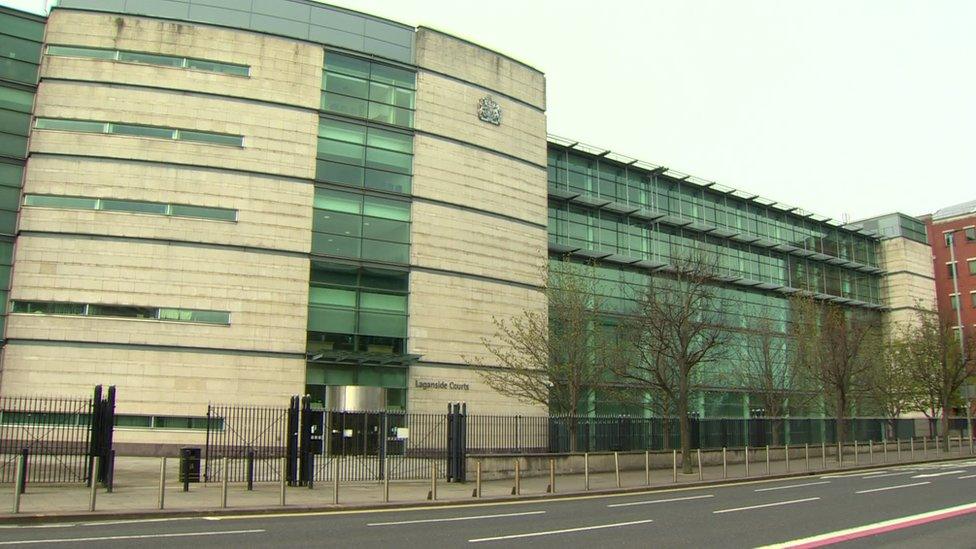
Non-jury trials were introduced 50 years ago during the Troubles in Northern Ireland
Non-jury trials will continue to be used in Northern Ireland, with the secretary of state saying the move is "regrettable" but necessary due to the security situation.
Legislation allowing their use must be renewed every two years by Parliament.
Chris Heaton-Harris said there had not been "sufficient change" in the security situation to abolish them.
A non-jury system in Northern Ireland, named after Lord Diplock, was introduced in 1973.
At the height of the Troubles, more than 300 cases a year were tried by a judge sitting alone but in 2021 there were just eight non-jury trials.
The government abolished the old Diplock courts in 2007.
It then gave the director of public prosecutions power to decide that exceptional cases should be tried without a jury, particularly if it was believed there was a chance of jurors being intimidated.
Another reason for their use is when there is potential for juror bias because of a defendant's background.

The late Law Lord Kenneth Diplock recommended non-jury trials as a solution to prevent jury intimidation or bias in terrorism prosecutions
The latest two-year extension follows a 12-week consultation, external.
The Northern Ireland Office (NIO) said there had been 15 responses, including from MI5 and some political parties, and that nine supported the need to keep the option of non-jury trials.
Last month MI5 raised the terrorism threat level in Northern Ireland to severe.
The NIO made reference to that move, as well continued paramilitary activity in some communities, in Mr Heaton-Harris's decision.
In a published response to the consultation, the NIO stated: "The secretary of state for Northern Ireland agrees that the continued need for the provisions is regrettable.
"However the concerns raised during the consultation of the potential risk to the administration of justice and to individuals if the non-jury trial provisions were to expire imminently, cannot be ignored."
Parliamentary approval will now be sought to extend the use of non-jury trials until the summer of 2025.
Related topics
- Published28 March 2023
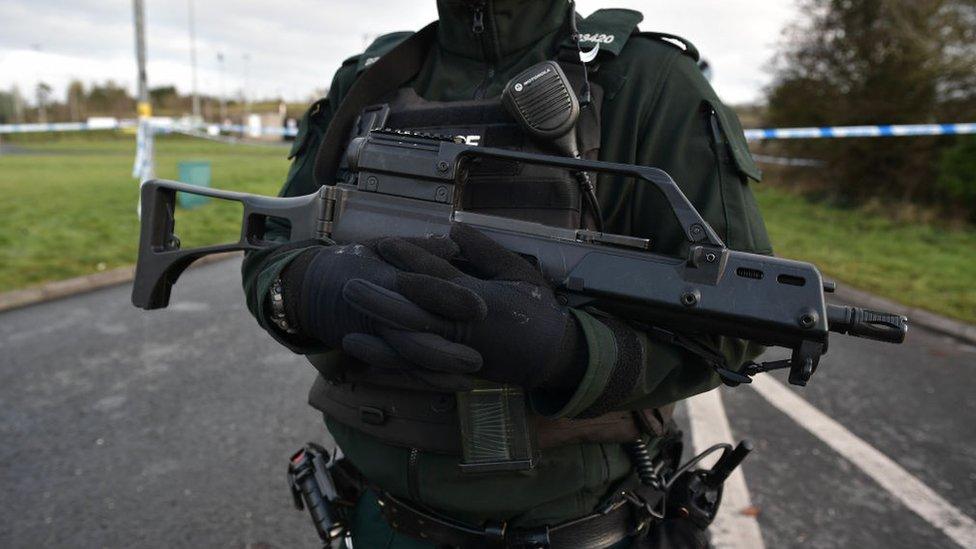
- Published28 March 2023
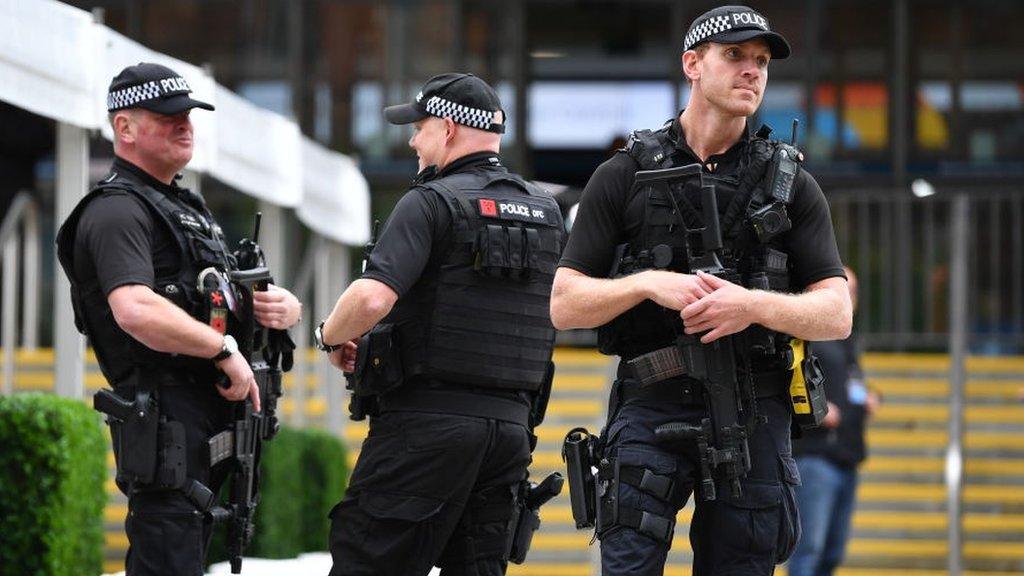
- Published30 April 2019
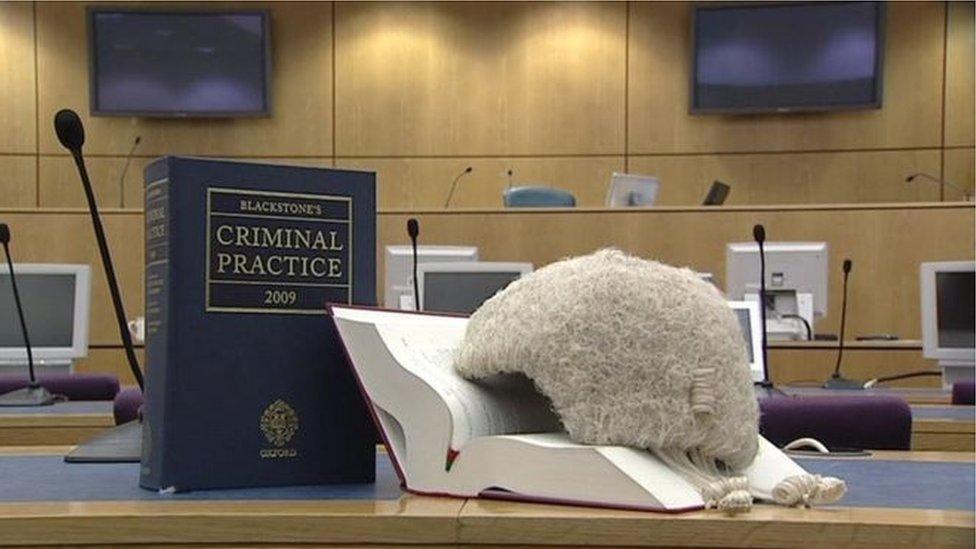
- Published5 July 2017
